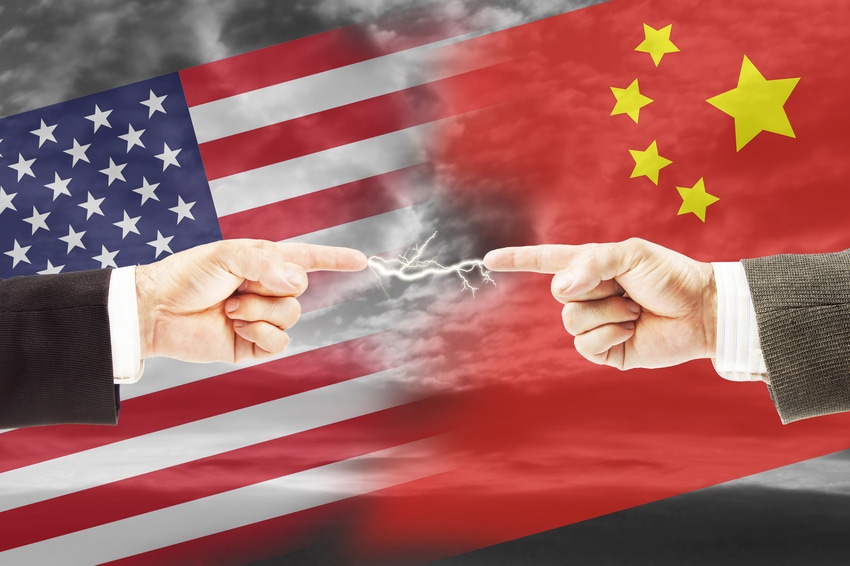Huawei has continued its counter-assault against the US, suggesting the 2019 National Defense Authorization Act (NDAA) contradicted the country’s constitution.
May 29, 2019

Huawei has continued its counter-assault against the US, suggesting the 2019 National Defense Authorization Act (NDAA) contradicted the country’s constitution.
Signed into law in August 2018, the NDAA effectively banned Huawei and ZTE from any meaningful work in the US. The language was suitably nuanced to ensure this wasn’t a total ban, but the conditions made it difficult for Huawei to contribute any components, products or services to government or state-funded projects. Due to the intricacies of network investments, almost all major projects could be deemed state-funded by one means or another.
While Huawei has not taken this action from the US Government sitting quietly, this latest move challenges the legal foundations of the legislation, suggesting such actions from the White House and Congress are unconstitutional.
“As explained in the motion, the Constitution generally limits Congress to enacting laws and requires that application of those laws be left to the Executive and the courts,” said Glen Nager, the lead external counsel for Huawei and Partner at Jones Day.
“Congress may not selectively punish specific persons; Congress may not selectively deprive specific persons of property or liberty; and Congress may not itself exercise executive or judicial powers. But section 889 violates all of these constitutional rules.”
According to the filing, section 889 of the NDAA violates the Bill of Attainder, Due Process, and Vesting Clauses of the US Constitution. Huawei and its lawyers will argue the law should not be allowed to target specific companies and/or persons, while US politicians specifically targeted the firm during the legislative debate process, blatantly proclaiming an objective was to ‘banish’ Huawei from the country.
The Bill of Attainer clause suggests no bill can be passed into law which singles out an individual or group for punishment without a trial. As the US has passed this law without any formal legal proceedings against Huawei, it would appear there is a good case here.
Huawei’s lawyers also claim section 889 violates due process and the separation of powers, in that it is selective legislation targeting Huawei specifically. The filing also argues deprives Huawei of protected property and liberty interests without affording it constitutionally necessary due process. And finally, Congress has assumed the fact-finding and law application functions of the executive and the courts, ignoring the separation of power clause.
Should the courts be in agreement with Huawei’s position, it would appear politicians were in too much of a rush to make a move against China and its telco flagbearer. Another interesting consequence might be the burden of proof.
To date, little, if any, evidence has been offered to back up US propaganda against Huawei, though if the filing proves the NDAA is unconstitutional, the US Government might be forced to table any evidence it has. If the choice is between this law dwindling into non-existence or tabling evidence of collusion, the nuanced conflict between the US and China might be about to become much more substantiated.
About the Author(s)
You May Also Like








.png?width=300&auto=webp&quality=80&disable=upscale)


_1.jpg?width=300&auto=webp&quality=80&disable=upscale)


.png?width=800&auto=webp&quality=80&disable=upscale)